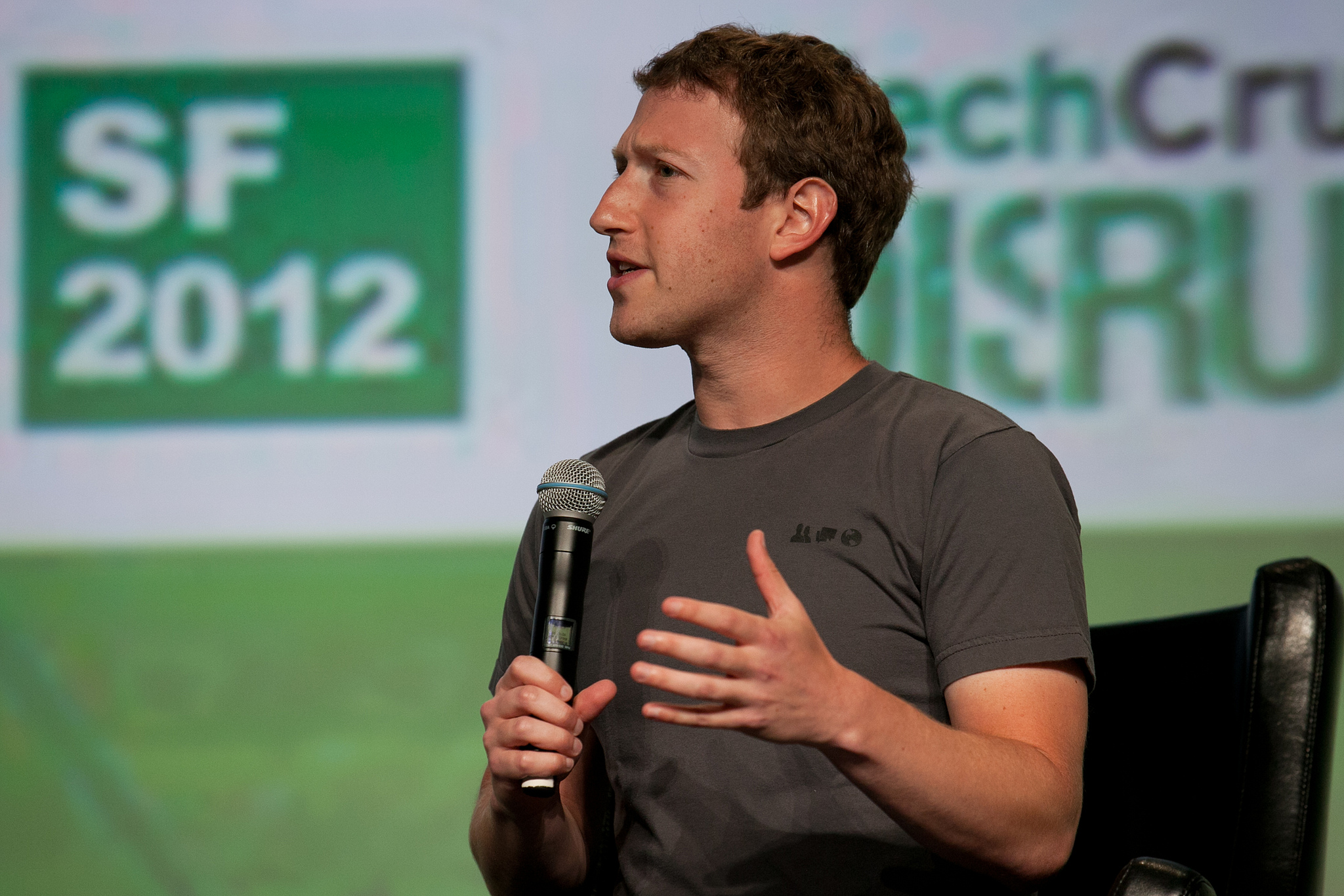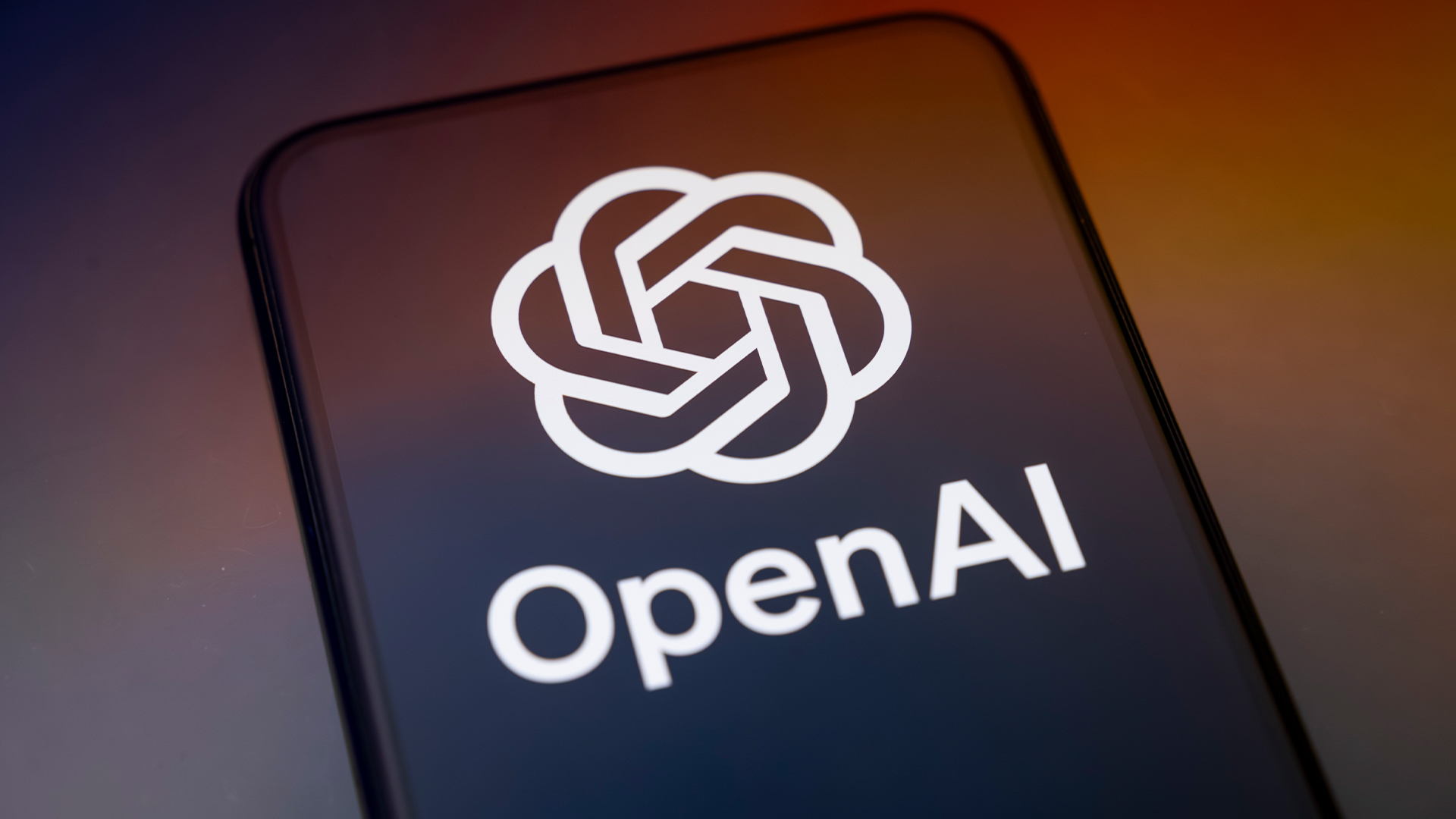Zuckerberg's AI voiced by Morgan Freeman
Facebook founder has found a voice for his self-built artificial intelligence butler


Mark Zuckerberg spent a year developing his own artificial-intelligence home butler, so he went for the best when it came to finding a voice: actor Morgan Freeman.
The Facebook founder and CEO revealed earlier this week that he'd finished the AI home assistant he'd been developing in his free time. Called Jarvis, the home AI assistant can control lighting and heating, as well as play music based on Zuckerberg's mood, open the front gate using facial recognition, and make him toast in the morning.
In the videos showing off the creation, the AI assistant has the standard robotic female voice. While still in the development process, Zuckerberg asked his Facebook followers who should be the voice of the system. The "Jarvis" name is an homage to the AI from the Iron Man films, inspiring Robert Downey Jr to offer his voice talents. However, the vote went to Freeman, known for his deep, authoritative voice.
Zuckerberg told Fast Company that he called up Freeman after seeing the actor at a science award earlier in the month, asking if he'd be Jarvis' voice. "Yeah, sure", was the answer. The report said it wasn't clear if or how much Freeman was paid for the odd work.
Much of the Jarvis AI system is actually text based, controlled with a an app or via a Facebook Messenger bot, but there are a few aspects that can be managed with voice. "Once you can speak to it, and it can speak back, it just feels much more I don't want to say part of the family, because that's too much but it just feels more embodied, so Max just loves it," Zuckerberg told Fast Company.
In his original blog post detailing Jarvis, Zuckerberg said he believes text "will be more important for communicating with AIs than people realise", but said voice will have a role, too.
"The most useful aspect of voice is that it's very fast. You don't need to take out your phone, open an app, and start typing you just speak," he said.
Sign up today and you will receive a free copy of our Future Focus 2025 report - the leading guidance on AI, cybersecurity and other IT challenges as per 700+ senior executives
Zuckerberg had to build a dedicated iPhone app that listens to his speech all the time, saying it was similar to Amazon Echo, but he preferred it on his handset so it could be used out of the house.
He noted the speech recognition has come a long way, but remains more limited to specific uses than most people realise. "If you train a machine learning system on data from Google of people speaking to a search engine, it will perform relatively worse on Facebook at understanding people talking to real people," he noted. "In the case of Jarvis, training an AI that you'll talk to at close range is also different from training a system you'll talk to from all the way across the room, like Echo. These systems are more specialised than it appears, and that implies we are further off from having general systems than it might seem."
He added: "There's a lot more to explore with voice. The AI technology is just getting good enough for this to be the basis of a great product, and it will get much better in the next few years."
Freelance journalist Nicole Kobie first started writing for ITPro in 2007, with bylines in New Scientist, Wired, PC Pro and many more.
Nicole the author of a book about the history of technology, The Long History of the Future.
-
 Former Google engineer convicted after stealing AI, supercomputing secrets
Former Google engineer convicted after stealing AI, supercomputing secretsNews Linwei Ding told Chinese investors he could build a world-class supercomputer
-
 OpenAI sets February retirement date for popular GPT-4o model
OpenAI sets February retirement date for popular GPT-4o modelNews OpenAI has confirmed plans to retire its popular GPT-4o model in February, citing increased uptake of its newer GPT-5 model range.
-
 Meta to pay $725 million in Cambridge Analytica lawsuit settlement
Meta to pay $725 million in Cambridge Analytica lawsuit settlementNews The settlement closes the long-running lawsuit into how Facebook's owner, Meta, handled the Cambridge Analytica scandal
-
 Meta's earnings are 'cause for concern' and 2023 looks even bleaker
Meta's earnings are 'cause for concern' and 2023 looks even bleakerAnalysis Calls for investor faith in metaverse tech only emphasise the worries that its investment strategy won't pay off
-
 Microsoft and Meta announce integration deal between Teams and Workplace
Microsoft and Meta announce integration deal between Teams and WorkplaceNews Features from both business collaboration platforms will be available to users without having to switch apps
-
 Facebook is shutting down its controversial facial recognition system
Facebook is shutting down its controversial facial recognition systemNews The move will see more than a billion facial templates removed from Facebook's records amid a push for more private applications of the technology
-
 'Changing name to Meat': Industry reacts to Facebook's Meta rebrand
'Changing name to Meat': Industry reacts to Facebook's Meta rebrandNews The rebrand attempts to provide a clearer distinction between Facebook and its umbrella company
-
 Facebook's Oversight Board demands more transparency
Facebook's Oversight Board demands more transparencyNews Board bashed the social media giant for its preferential treatment of certain high-profile accounts
-
 Facebook claims AI managed to reduce hate speech by 50%
Facebook claims AI managed to reduce hate speech by 50%News The social media platform has hit back at claims the tech it uses to fight hate speech is inadequate
-
 Facebook to hire 10,000 workers across the EU
Facebook to hire 10,000 workers across the EUNews The high-skilled jobs drive is a “vote of confidence” in the European tech industry
